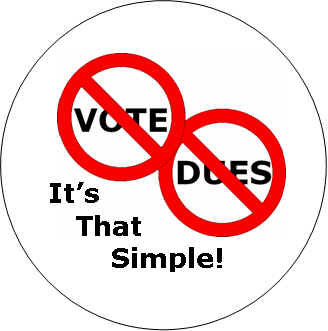Several weeks ago, I watched my son play a high school baseball game on “Jackie Robinson Field” in Cairo, Georgia (Robinson’s hometown). As I watched, I pondered a provocative question raised by Economic Episodes in American History, a fascinating new supplemental curriculum that ought to be used in every high school social studies department:
Did Adam Smith Have an “Invisible Hand” in the Desegregation of Major League Baseball?
This question is one of 32 raised in Economic Episodes in American History, which seeks to deepen students’ understanding of American life by desegregating the study of economics and history. Written by Mark Schug and William Wood, this imaginative new curriculum uses illustrations from American history to teach students basic economic principles.
In the case of major league baseball’s desegregation, Schug and Wood invite students to learn about how labor markets function – and, specifically, how the competition for top talent made it impossible, eventually, for Major League Baseball owners to sustain an agreement to deny opportunities to African-American ballplayers.
While heralding the “courage and determination” of Jackie Robinson and of Branch Rickey (the white baseball executive who signed Robinson), Schug and Wood suggest that larger economic forces were at work in baseball’s desegregation – a fact which can help deepen our understanding of this historical episode without diminishing our admiration for the central players in this grand drama.
That Schug and Wood were the central players in the writing of this new curriculum should surprise no one. Both have won a litany of awards for their skill in teaching economics – Schug in his post at the University of Wisconsin-Milwaukee, Wood in his position at James Madison University in Virginia. And both have a real heart for integrating history and economics.
At a time when many are (justifiably) concerned about America’s economic future, a curriculum that enables students to learn from our economic past seems incredibly timely. That Economic Episodes has been written so skillfully is a tribute to two professors who possess Jackie Robinson-like talent in the economics education labor market.
William Mattox is a resident fellow at The James Madison Institute in Tallahassee, Florida.

COMMENTS
Please let us know if you're having issues with commenting.